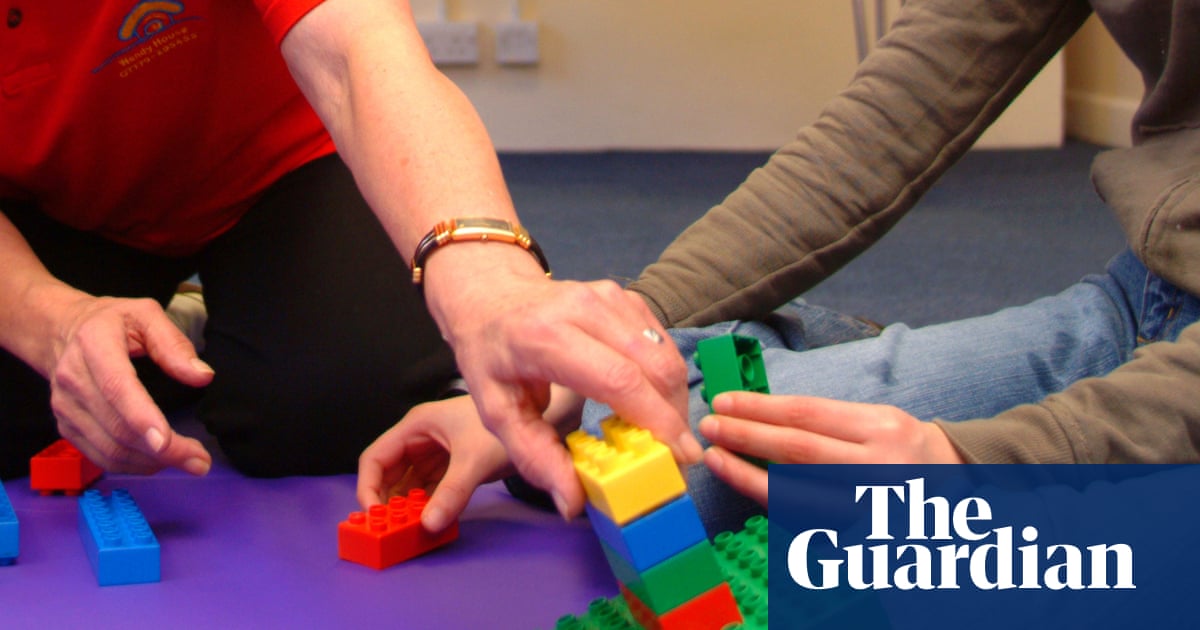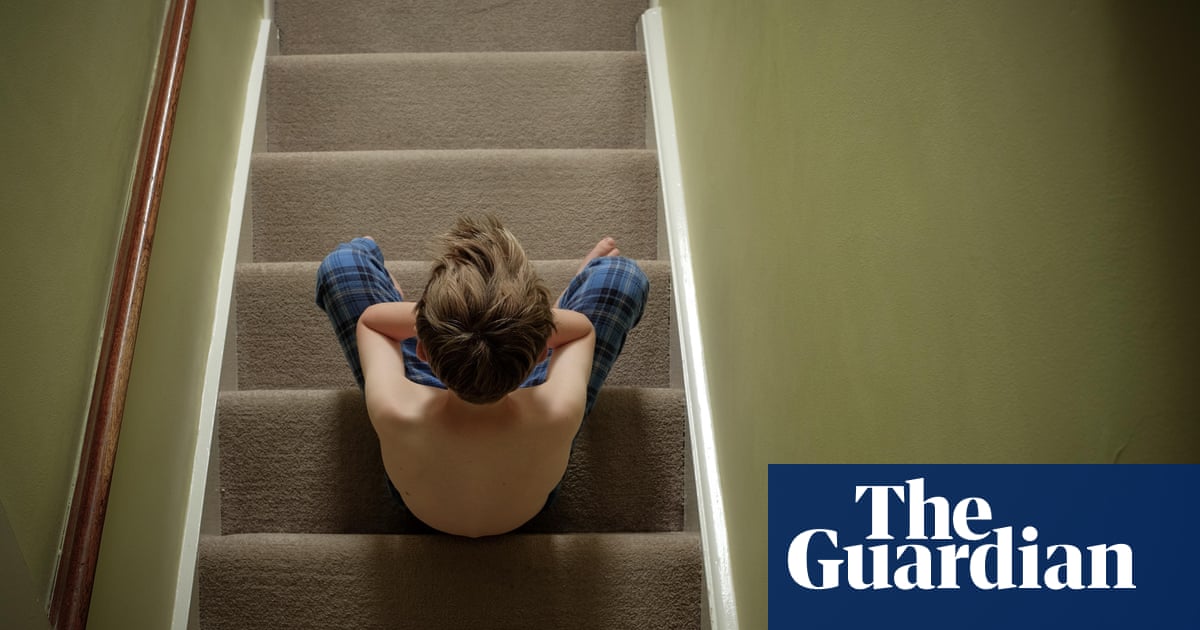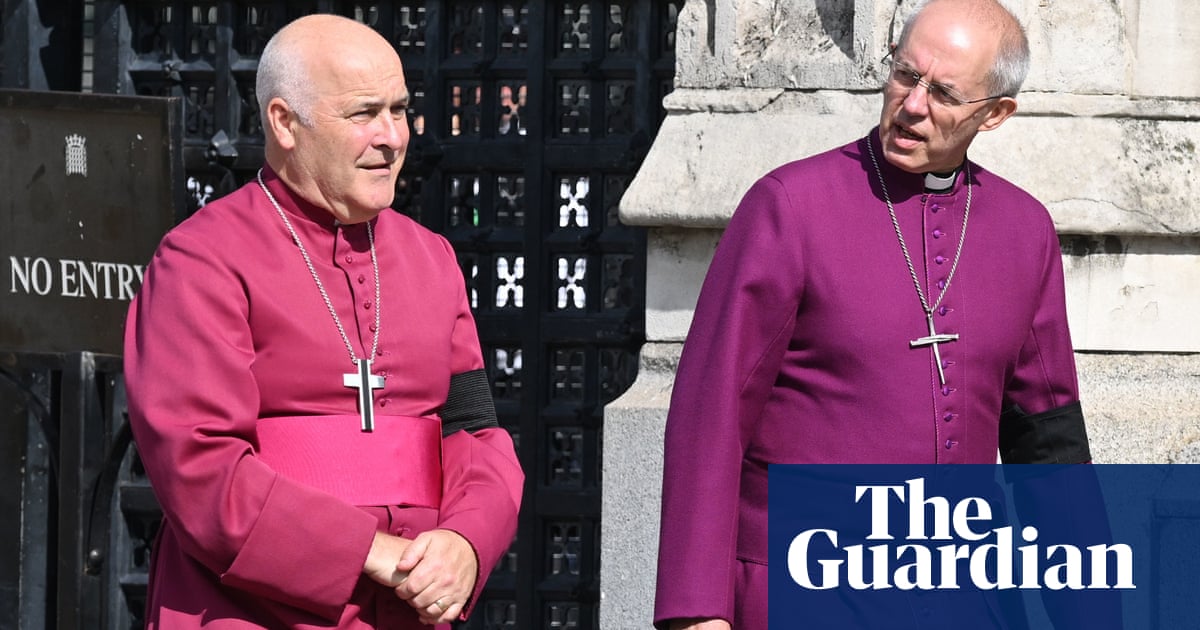
Ministers are to pledge that children taken into care in England will be placed close to their family and friends rather than being housed hundreds of miles away, under what is described as an ambitious overhaul of the struggling social services system.
The commitment on care placements is one of a series of proposals aimed at reforming what the government has acknowledged is a children’s social care system too often failing to meet the needs of vulnerable families and children.
It will also promise earlier help for families in crisis, strengthened local child protection teams, improvements in young people’s experience of the care system, and plans to tackle chronic staff shortages of children’s social workers.
The wide-ranging strategy, to be published on Thursday, is its response to the government-commissioned MacAlister review of children’s social care published last year, which concluded that urgent changes were needed to transform a financially unsustainable system spiralling rapidly out of control.
Ministers will also outline plans to try to curb the excess profits earned by private children’s residential home providers, which have been criticised by councils and regulators for charging excessive fees – in some cases as much as £30,000 a week – while often failing to meet the needs of the children they look after.
The minister for children, families and wellbeing, Claire Coutinho, said: “Children in care deserve the same love and stability as everyone else. Yet we’ve seen from the two tragic murders of Arthur Labinjo-Hughes and Star Hobson that more needs to be done to protect our most vulnerable children.”
The review’s author, Josh MacAlister, welcomed the direction of change but said the government’s proposals did not go far enough. “Without a whole system reset on the scale set out by the review, outcomes for children and families will remain stubbornly poor, more children will grow up in care and costs will continue to spiral,” he said. “The government’s plan gets us started down the right path, but it must go further and faster if it is to reach the tipping point of change that children need.”
The MacAlister review had recommended a five-year, £2.6bn plan to tackle a long-running crisis that it said the government had failed to get a grip on and that if unchecked would lead to 100,000 children in care within a decade, up from 80,000 currently, at an additional cost of billions of pounds a year.
However, ministers will pledge to invest just £200m over the next two years, with many of the proposed reforms being tested out in a series of pathfinder projects run in a handful of local authorities rather than being rolled out immediately.
The government will reject the review’s recommendation that it levy a windfall tax on what MacAlister had called the “indefensible” profits of private care providers. The heads of council children’s services recently described private children’s home operators and their private equity fund backers as “rapacious”.
However, it will give the green light for local authorities to form regional co-ops to try to give them more leverage to drive down fees and to source more care locally. Shortages of residential care in many parts of England mean thousands of children are placed up to 100 miles away from their home authority.
The government will say it wants to put “family-like” placements at the heart of the care system, and proposes to provide more support for kinship care arrangements, where a child unable to be looked after by its parents will be placed with a relative or close family friend.
Up to 12 local authorities will test a new “family help” service based in schools made up of social workers, mental health practitioners and domestic abuse workers. This will provide intensive support to thousands of children and families, with the aim of tackling issues before they spiral into more complex and acute problems.
The Local Government Association described the proposals as a long-term approach that would not tackle the crisis currently faced by children’s social care or meet the “urgent need for immediate action”.
Cathy Ashley, the chief executive of the Family Rights Group charity, welcomed the wider aims of the review but said the measures and the funding proposed fell “alarmingly short of the scale of the crisis that is gripping children’s social care”.
Kathy Evans, the chief executive of Children England, said: “There may be more in the detail we’ve yet to see, but on first reading even though some are to be welcomed, these measures are no match for the scale of action or funding needed to fix children’s social care.”
Munira Wilson, the Liberal Democrats’ education and children spokesperson, said: “The independent review of children’s social care said that more than £2bn is needed over four years to plug the gap. This response ducks the big decisions and kicks them into the long grass.”












